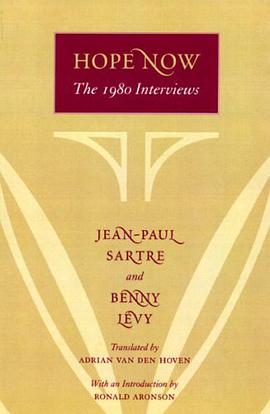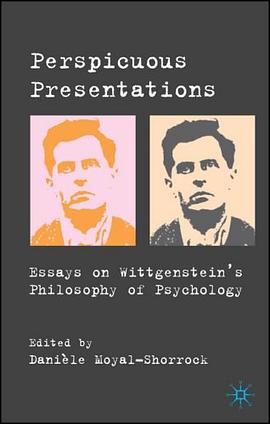

具體描述
This book does not question Rawlsian principles, but it does reject the liberal institutions he advocates.Since the publication of John Rawls' "A Theory of Justice" (1971) - followed up by "Political Liberalism" (1993) and "Justice as Fairness: A Restatement" (2001) - discussions on social justice and redistributive liberalism have taken center stage in contemporary political theory. This book adds to an enormous body of literature. It does not question Rawlsian principles, but it does reject the liberal institutions he advocates. A debate is constructed in which his liberalism is contrasted with a libertarian socialism informed by the English theorist of guild socialism G.D.H. Cole (1889-1959).These two authors visualize alternative macro socio-economic schemes. Although they are set within modern liberal and libertarian socialist frameworks respectively, they share a commitment to reducing vast inequalities in wealth. Central to the Rawlsian scheme is the difference principle - that inequalities are only permitted if they benefit the least well off. Rawls proposes that citizens deliberating without awareness of subjective talents - a collective lack of knowledge captured by the Rawlsian term the veil of ignorance - will be compelled to prioritize a society structured to accommodate this principle to other systems in which inequalities are allowed to concentrate with lesser degrees of regulation. This assertion will not be challenged. However, it is shown how the difference principle will be more easily realized in the left libertarian scheme, in which the author defends. The argument is that Rawlsian premises point to a more radical conclusion that Rawls acknowledges.
著者簡介
圖書目錄
讀後感
評分
評分
評分
評分
用戶評價
相關圖書
本站所有內容均為互聯網搜索引擎提供的公開搜索信息,本站不存儲任何數據與內容,任何內容與數據均與本站無關,如有需要請聯繫相關搜索引擎包括但不限於百度,google,bing,sogou 等
© 2025 book.quotespace.org All Rights Reserved. 小美書屋 版权所有




















